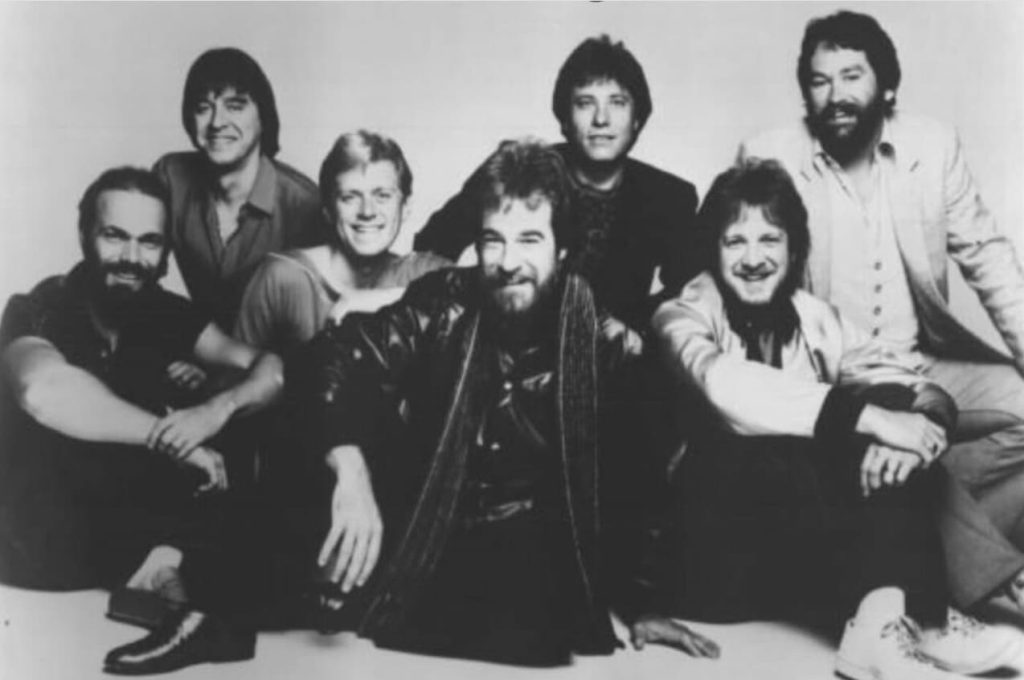
A plea for connection and understanding amidst the chaos of life.
Released in 1969 as the first single from their debut double album, Chicago Transit Authority, “Questions 67 and 68” holds a special place in the hearts of many, particularly those who experienced the late 60s. While it didn’t achieve the same chart-topping success as some of their later hits, peaking at number 71 on the Billboard Hot 100, its impact and enduring appeal are undeniable. It’s a song that speaks to the universal human desire for connection and understanding, a theme that remains relevant across time.
The song was written by Robert Lamm, the band’s keyboardist and one of its principal songwriters. It’s said that the inspiration for the song came from Lamm’s observations of the social and political turmoil of the late 1960s. The world was changing rapidly, with protests against the Vietnam War, the civil rights movement, and a general sense of unrest among young people. Amidst this backdrop of chaos and uncertainty, “Questions 67 and 68” offers a poignant message of hope and the importance of human connection. The lyrics, while seemingly simple, are deeply evocative. They speak to the struggle to communicate and find common ground with others, even when faced with seemingly insurmountable differences. The questions posed in the song are not literal inquiries but rather metaphorical expressions of the desire to bridge the gap between people.
The song’s arrangement is a perfect blend of rock, pop, and jazz influences, characteristic of Chicago’s signature sound. The horn section, a hallmark of the band’s music, adds a layer of richness and depth to the song, creating a soundscape that is both energetic and soulful. The interplay between the horns and the vocals creates a dynamic tension that perfectly captures the emotional core of the song. The gentle verses build gradually, leading to a powerful chorus that is both catchy and emotionally resonant. This musical structure mirrors the emotional journey of the lyrics, from a place of uncertainty and questioning to a place of hope and yearning for connection.
Listening to “Questions 67 and 68” today, one can’t help but be transported back to a different era. It’s a song that encapsulates the spirit of the late 60s, a time of great change and upheaval, but also a time of great hope and idealism. It reminds us of the importance of human connection and the power of music to transcend differences and bring people together. For those who grew up with this music, it evokes a powerful sense of nostalgia, a reminder of their youth and the cultural landscape that shaped them. For younger generations, it offers a glimpse into a pivotal moment in history and a timeless message that continues to resonate.
The song’s enduring appeal lies in its universal themes of communication, understanding, and the search for connection. These themes are not bound by time or place; they are fundamental aspects of the human experience. Whether you are a long-time fan of Chicago or discovering their music for the first time, “Questions 67 and 68” is a song that is sure to leave a lasting impression. It’s a testament to the power of music to touch our hearts and minds and to connect us to something larger than ourselves. It is a song that has aged gracefully, its message as relevant today as it was over five decades ago. It’s a reminder that even in times of great uncertainty, the human desire for connection remains a constant, a beacon of hope in a world that often feels divided.